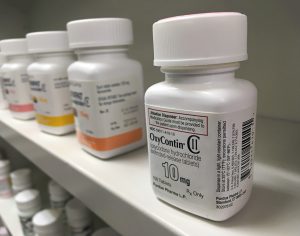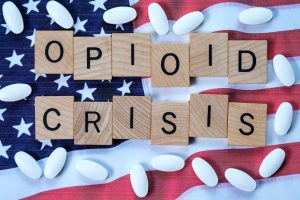
Three years ago I wrote this column: My Challenge to Medical Device and Drug Companies: Put Me Out of Business! The point was straightforward: if companies would do the right thing, and properly test their medical devices, and carefully monitor the drugs they sell, and try to help patients instead of merely chasing profits, then I will stop being a product liability lawyer. Well, turns out my line of work may be safe for a long time. This week several executives from Insys Therapeutics were found guilty of racketeering. The jury found that these executives conspired to push sales of a deadly fentanyl drug, by increasing dosages and prescriptions. These guys are going to jail. And they should. The story that emerged from the two-month trial was hideous, and it proves yet again that without careful oversight companies will often harm public health in their pursuit of massive profits.
Before I bullet point some of the evidence developed at trial, start with this: the Centers for Disease Control estimates that well over 200,000 people have died from prescription opioids since 1996. Sit with that for a moment. More than 200,000 people have died from opioid overdoses. It is heart-wrenching. Now, add to this tragic statistic the narrative that several opioid companies, and not just Insys Therapeutics, pushed for more prescriptions and higher doses for decades, solely to increase sales and profits and employee bonuses.
Let’s take a look at the evidence from the Insys criminal trial:
 North Carolina Product Liability Lawyer Blog
North Carolina Product Liability Lawyer Blog


